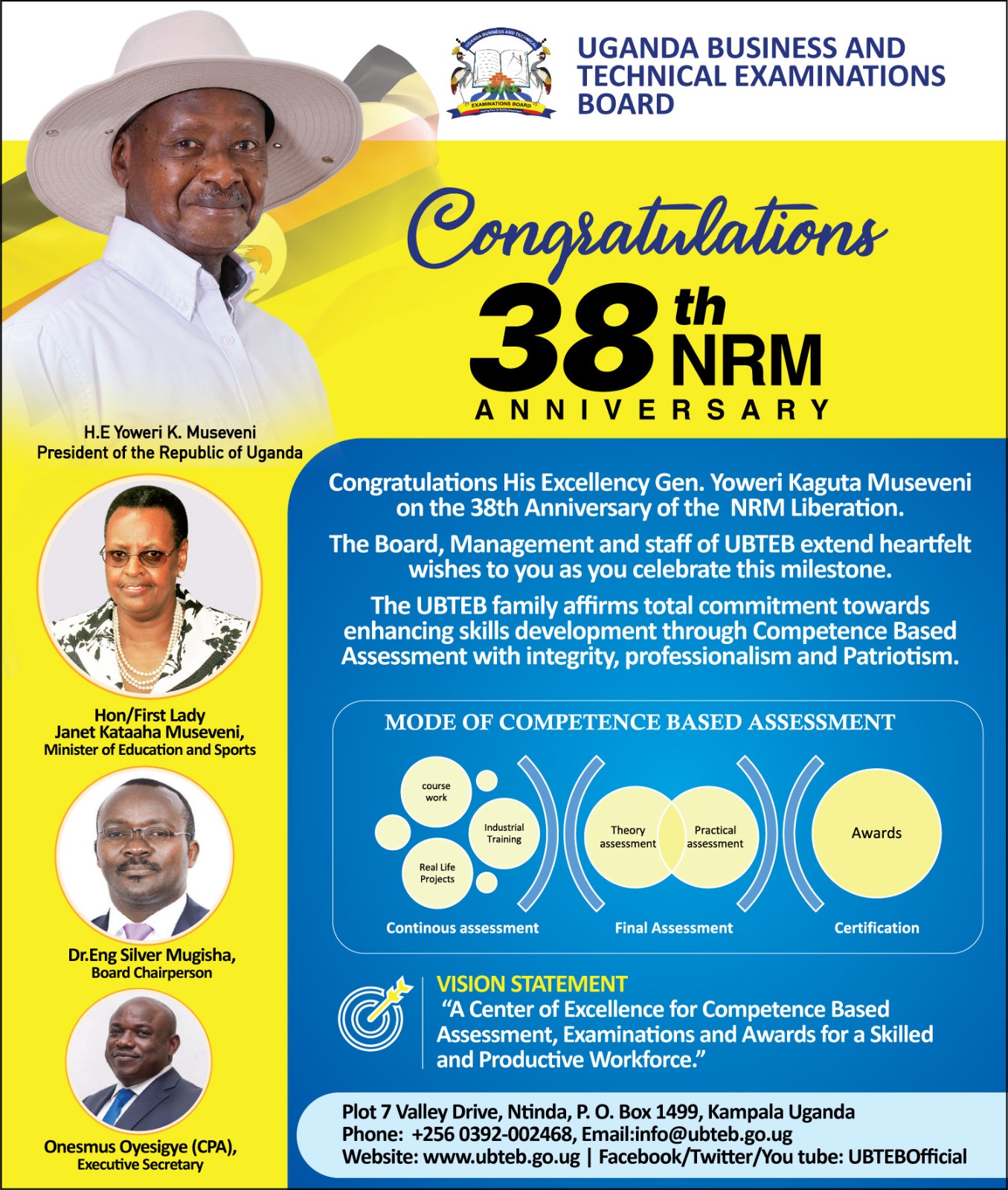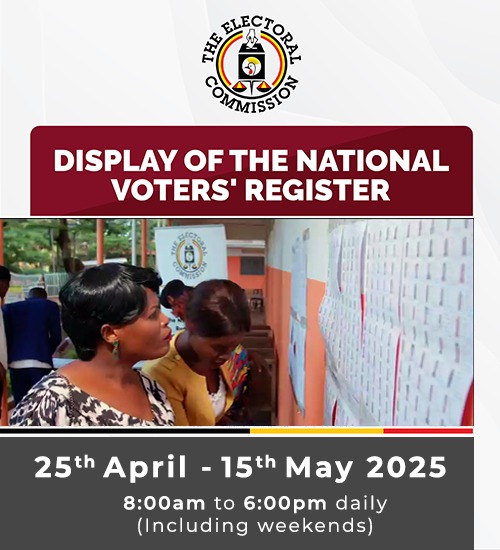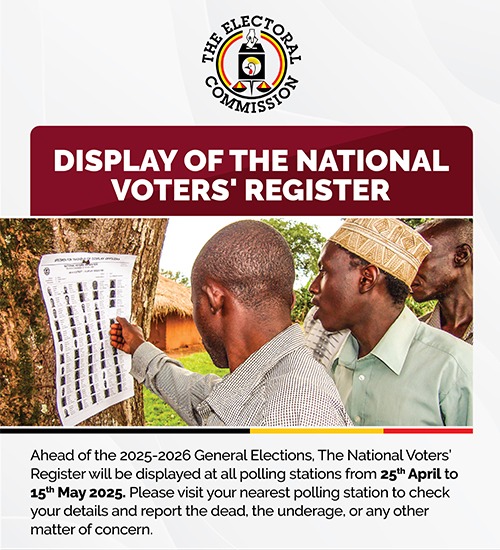Kampala, Uganda: As Uganda celebrates 38 years of liberation, the Uganda Business and Technical Examinations Board (UBTEB) has played a pivotal role in the National Resistance Movement (NRM) vision of building a self-sustaining economy through skills development, among other goals.
In a significant stride toward advancing Uganda’s National Development Plan III goal of skills development, UBTEB has been streamlining the conduct and assessment of Technical and Vocational Education and Training (TVET) programs across the country. The board’s commitment to Competence-Based Assessment, emphasizing practical skills and applied knowledge, has positioned it as a key player in Uganda’s educational landscape.
Leadership and Structure
Headquartered in Kampala, Uganda, UBTEB operates under the guidance of its top management, led by Mr. Oyesigye Onesmus (CPA), the Executive Secretary. The board’s structure includes Deputy Executive Secretaries responsible for Examinations Management and Finance, HR & Administration. Board members, appointed by the Minister of Education and Sports, contribute to UBTEB’s strategic direction and overall policies.

Key Milestones
Assessment Takeover of Accounting Technicians Diploma (ATD) Program
UBTEB’s recent announcement regarding the takeover of the ATD program’s assessment and examinations is a landmark move.
In collaboration with the Institute of Certified Public Accountants of Uganda (ICPAU), UBTEB aims to enhance the professional development of accounting technicians, ensuring a seamless career growth path.
The board has called on tertiary institutions to apply for accreditation as examination centers, with the first ATD examinations scheduled for May/June 2024.
Online Results Accessibility
UBTEB has embraced technology to enhance accessibility for candidates. Through the board’s official portal, candidates can now conveniently access and view their examination results online. This move towards digitalization streamlines the results-checking process, promoting efficiency and transparency.

Feedback Workshops to Enhance Examination Conduct
UBTEB’s commitment to strengthening the efficiency and effectiveness of examination processes is evident in the regional feedback workshops hosted by the board. These workshops bring together participants, including Principals and Registrars from various TVET institutions. The initiative aims to gather insights and perspectives for continuous improvement.
Modular Assessment Implementation
Last year, UBTEB introduced a system of modular assessment of students. By this decision, UBTEB has been lauded as a game-changer. Last year, First Lady Janet Kataaha Museveni, who I also Minister of Education and Sports, emphasized the positive impact of modular assessment on promoting employable skills and improving access to demand-driven TVET. The flexible assessment system allows individuals to study for shorter periods, reducing school dropout rates and aligning qualifications with workforce needs.

Real-Life Projects in TVET
As we speak now, UBTEB recently and proudly celebrated a milestone at Bbira Vocational Training College, where students, under the Woodwork Technology section, completed a real-life project. The project involved crafting 50 desks and 25 office chairs, showcasing the practical skills and competencies gained through Competency-Based Education and Training (CBET) approaches. This accomplishment reflects the success of the National Diploma Programs and the community’s recognition of students’ valuable skills.
Challenges and Future Considerations
Despite these achievements, UBTEB faces challenges such as the high cost of practical assessments, reluctance from organizations to offer industrial attachment places, disruptions due to the Covid-19 pandemic, and insufficient equipment and funding.

To solve this, the board has called for increased budgetary support to address these challenges and align curricula with workforce demands.
This is because, UBTEB’s role in advancing TVET, aligns with Uganda’s NDP III vision for a skilled and productive workforce. By fostering innovation, collaboration, and continuous improvement, UBTEB is contributing significantly to Uganda’s journey toward achieving its National Development Plan III goals in skills development.


















